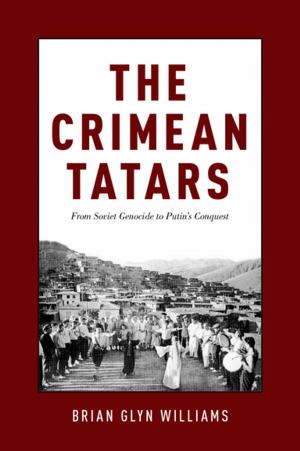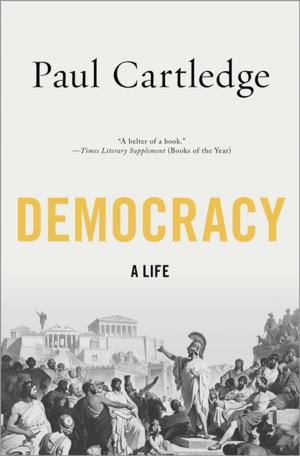Tolerance
A Sensorial Orientation to Politics
Nonfiction, Religion & Spirituality, Philosophy, Political, Social & Cultural Studies, Political Science, Politics, History & Theory, Social Science, Anthropology| Author: | Lars Tønder | ISBN: | 9780190203238 |
| Publisher: | Oxford University Press | Publication: | October 7, 2013 |
| Imprint: | Oxford University Press | Language: | English |
| Author: | Lars Tønder |
| ISBN: | 9780190203238 |
| Publisher: | Oxford University Press |
| Publication: | October 7, 2013 |
| Imprint: | Oxford University Press |
| Language: | English |
In Tolerance, Lars Tønder offers a thought-provoking theory on what tolerance means in pluralistic societies. Tønder begins by showing the limitations of the way democratic theory currently understands tolerance: either as a form of restraint or as benevolence, but always divorced from what it is that the tolerant person really senses. According to Tønder, what is missing from current theories of tolerance is the idea of pain, or the lived experience of what it means to become tolerant. Introducing what he calls a "sensorial orientation to politics" and a "theory of active tolerance," he argues that the act of becoming tolerant (and the reasoning it entails) depends on sensing the world in an expansive manner attentive to the new and unforeseen. In order to illustrate, he engages with a number of theorists, from Seneca, Spinoza, Nietzsche, Merleau-Ponty, and Marcuse to Locke, Kant and Mill, and he draws upon a wide range of examples, including the 2005 controversy over the Danish cartoons of Muhammad, Sacher-Masoch's Venus in Furs, Dave Chappelle's comedy, and methods of torture used in the war on terror. Tolerance is at once a sweeping account of the history of political thought and an invitation to rethink the meaning of tolerance within the sensorial conditions that define twenty first century democratic politics.
In Tolerance, Lars Tønder offers a thought-provoking theory on what tolerance means in pluralistic societies. Tønder begins by showing the limitations of the way democratic theory currently understands tolerance: either as a form of restraint or as benevolence, but always divorced from what it is that the tolerant person really senses. According to Tønder, what is missing from current theories of tolerance is the idea of pain, or the lived experience of what it means to become tolerant. Introducing what he calls a "sensorial orientation to politics" and a "theory of active tolerance," he argues that the act of becoming tolerant (and the reasoning it entails) depends on sensing the world in an expansive manner attentive to the new and unforeseen. In order to illustrate, he engages with a number of theorists, from Seneca, Spinoza, Nietzsche, Merleau-Ponty, and Marcuse to Locke, Kant and Mill, and he draws upon a wide range of examples, including the 2005 controversy over the Danish cartoons of Muhammad, Sacher-Masoch's Venus in Furs, Dave Chappelle's comedy, and methods of torture used in the war on terror. Tolerance is at once a sweeping account of the history of political thought and an invitation to rethink the meaning of tolerance within the sensorial conditions that define twenty first century democratic politics.















